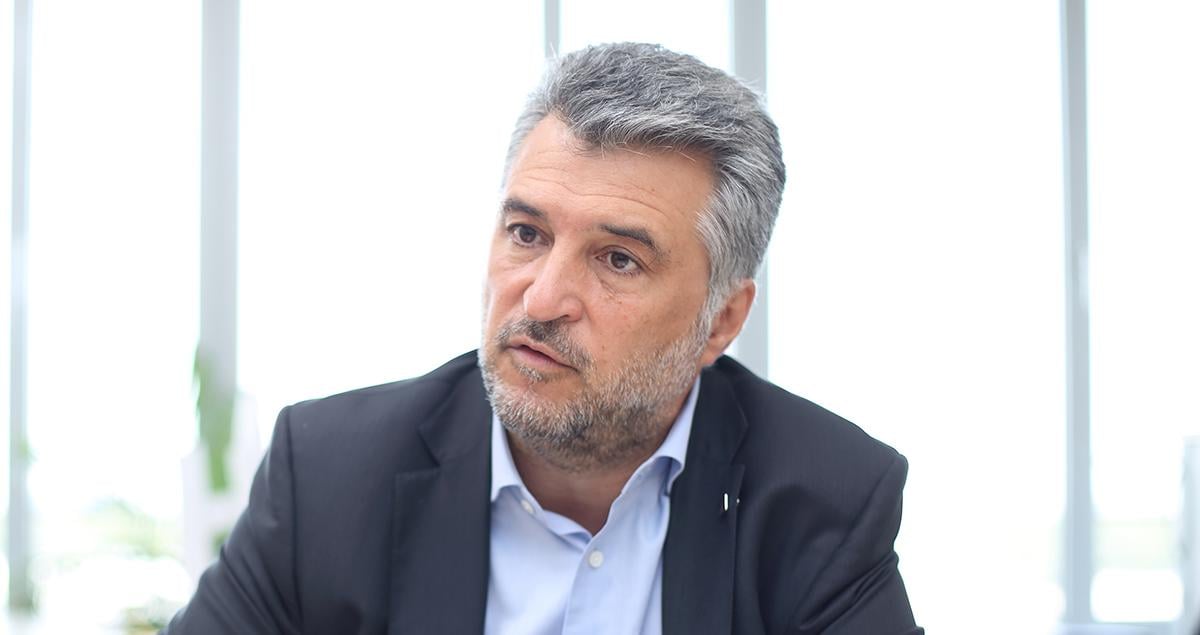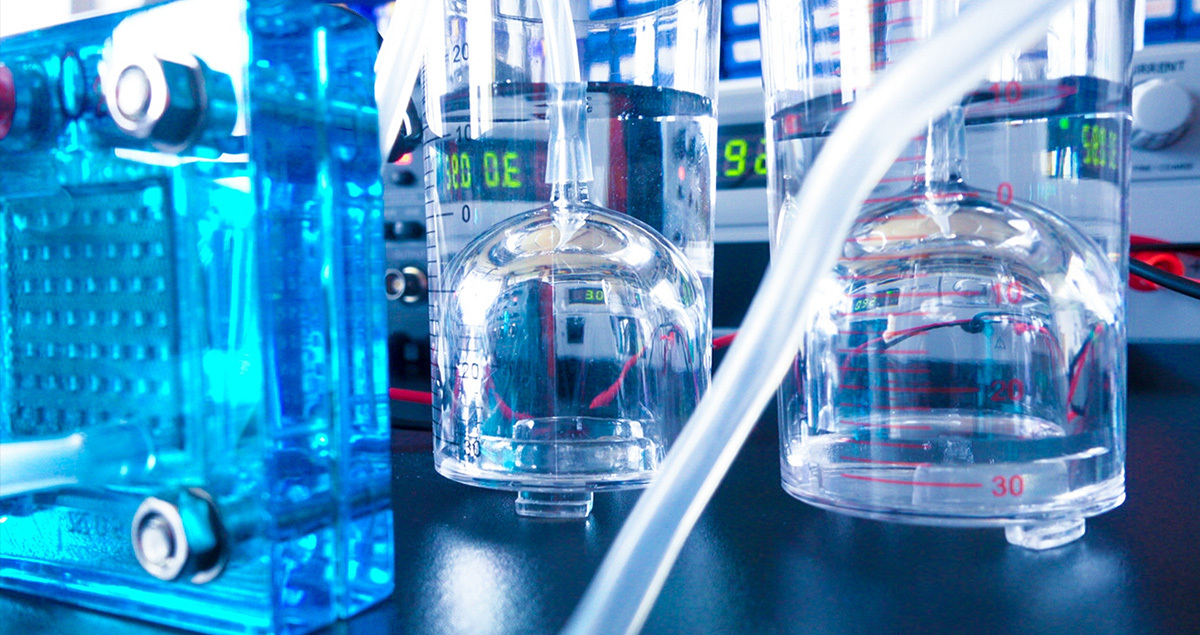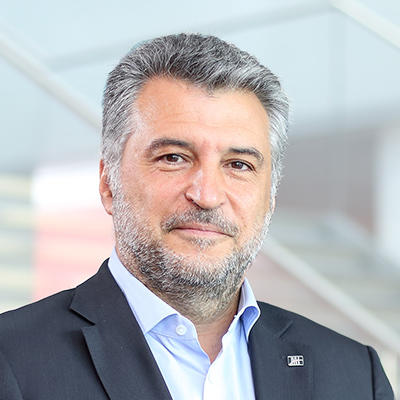How hydrogen helps all renewables, great and small

The extraordinary rise of renewables is transforming the global energy sector beyond recognition. But generating this sustainable electricity is one thing… storing and transporting it is another altogether.
This is why hydrogen has a vital role to play in enabling technologies like wind farms and solar power to bring about a zero-carbon future. It provides an effective means of storing surplus renewable energy, both from large-scale generators like offshore wind farms and from small-scale decentralized energy production such as rooftop solar panels.
Hydrogen the enabler
Fully decarbonizing tomorrow’s energy sector depends on switching almost exclusively to renewable energy, which means we will need plenty of storage to overcome intermittency issues, among other things.
As an enabler of the energy transition, hydrogen can boost the use of renewable sources by helping to match demand with supply. Instead of curtailing wind or solar generation when there is excess supply, surplus renewable energy can be used to generate green hydrogen through electrolysis, which can be stored for later use as emissions-free fuel.
From an engineering, business, and physics point of view, hydrogen is expected to be the key technology to allow the large-scale energy storage needed to facilitate the energy transition.

Energy generation: great and small
One of the great advantages of hydrogen is its versatility, which is an important quality in an increasingly diverse energy sector.
There has been much discussion about building large-scale sustainable energy projects which can speed hydrogen’s introduction to the energy scene. But we should not forget that the energy industry of tomorrow will comprise both centralized and decentralized power generation.
Hydrogen is seen as a key energy carrier for power-to-gas-to-power projects, which use fuel cells to harness renewable energy from both large-scale centralized energy-generating projects and smaller localized generating networks. The hydrogen produced can in turn be used to fuel not just large-scale power-generating plants using gas turbines or marine transport engines but for also domestic use.

The missing link
The role of hydrogen as an energy carrier for all forms of renewable electricity generation will be critical in linking areas with different power profiles.
Solar power projects exploiting abundant sunshine in Africa or offshore wind projects in parts of Latin America where wind is plentiful, for example, have vast potential to generate sustainable energy. But they often lack the necessary demand for electricity or the grid infrastructure to support it.
In such regions, hydrogen could be used to store excess electricity generated in areas of low demand, and transport it to other parts of the world where demand is high.
The technology is there, but a key challenge involves producing and transporting hydrogen at a competitive price to meet global demand. To this end, the cost-effective transport of hydrogen will play a key role in establishing a global hydrogen economy.
Hydrogen has the potential to accelerate the growth of renewables that could bring about a zero-carbon energy future. All we have to do is make it happen.





